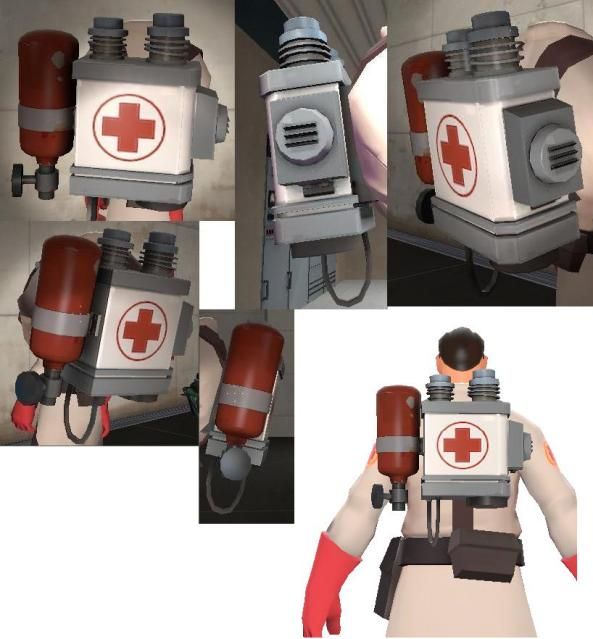All of the quotations henceforth are actual ones I have received, good or bad. If I lumped all the quotes I've heard other makers say they've gotten, this posting would be too.....colorful...
Numbr 1: put some efort into ur request
If you start your message with something like: " can u make me dis.....", then your chances of hearing back from an artist (Or any professional, really) diminish a bit. The biggest reason is attitude. If a sender isn't willing to put in some effort to make their message sound professional, it probably means they aren't going to pay for (Or appreciate the details that go into) professional work. Chances are, these messages aren't being sent out in a hurry on the way to work, so try and put in that little extra effort to come across in a better light.
2: Provide details and expectations up front
"I have a project I'd like you to do. Please email me at .....@yahoo.com"
Unless you're Bioware or a big/awesome company that requires an NDA to be signed before any details are disclosed, chances are that any busy artist isn't going to chase you down for a project they know nothing about. Alternatively, not everyone prefers Facebook as their primary communicator, so if someone simply asks for an email address I oblige and continue the conversation there, where they usually provide details up front.
Take your car for example. If there's something wrong with your car, its your job to get it to the mechanic and give some information so they can diagnose it and give you a quote. If you can muster the strength to ask a mechanic to come to your house and peruse you for a quote, you're probably in for some pretty blank stares.
The kind of things you'll want to provide are....well, as much as you can. Commission work isn't typically an overly formal process. However, most people can agree that the information you provide before the work is started is the standard that expectations will be measured against when the project is completed. The main two things are scale factor and reference material. A scale factor can simply be a length of the object in question, or the height of the client as a basis to compare and scale specific references to. By not specifying these things, you are trusting the artist's judgement and won't have much room to complain if the final product isn't sized to your liking.
 |
| Good reference. |
3: Don't de-value the artist's work.
"I myself have two other resin kits and those did not cost nearly as much."
"Yikes. Is that your usual pricing?"
"My friend made this out of 6 PVC pipes and some cardboard. Why is yours so expensive?"
I'm not trying to sound like an elitist, but not all work is equal. If you message a certain artist to inquire about their work, chances are you hold that art to a higher standard than the products/artists you currently have available or you would not have messaged them in the first place. If you're just getting a feel for prices from multiple artists, or you're simply messaging one for the first time try and be respectful about it. I won't get off topic here, but if an artist puts 200 hours sculpting something and a few hundred in materials to make/mold it, and they end up charging you a few hundred for a cast copy of their work, its a steal. (unless you value your time at about $1-2/hour trying to attempt it yourself if you can build it to a similar standard)
Unfortunately we can't explain everything to everyone in regards to how prices are what they are, but rest assured no one is making pile of money here. Until you're tried it yourself, avoid sensitive remarks in regards to an artist's pricing. A simple "Thanks for the quote" or "I'll consider your offer while I get my finances in order" is a great alternative, which brings me to my next point.
4: Thank the artist/close the conversation
Sometimes an artist will go well out of their way to help someone with an inquiry. Answering questions about paint/materials, general prop making, or where to get a certain thing. I could have made a few novels if I clumped together all of the responses I've given over the years. Even if I don't expect a sale or I'm referring someone to another artist who has a mold of something (and can therefore do it cheaper), I treat the person the same. I think this goes for most artists who are trying to help others and just generally be a decent human being. More times than not though, I'll answer several emails helping someone out and they take the suggestion and drop you like a rock. No acknowledging your advice, no "thank you" of any sort. Its probably a result of bad parenting, but in any case don't be that guy. We understand that things come up and sometimes messages are delayed or missed entirely, (It happens on both ends) but it still happens way more than it should.
Hopefully I can help turn the population into clear communicators, one late-night blog post at a time!
In the meanwhile, you can harass me on Facebook, or at the site.



No comments:
Post a Comment